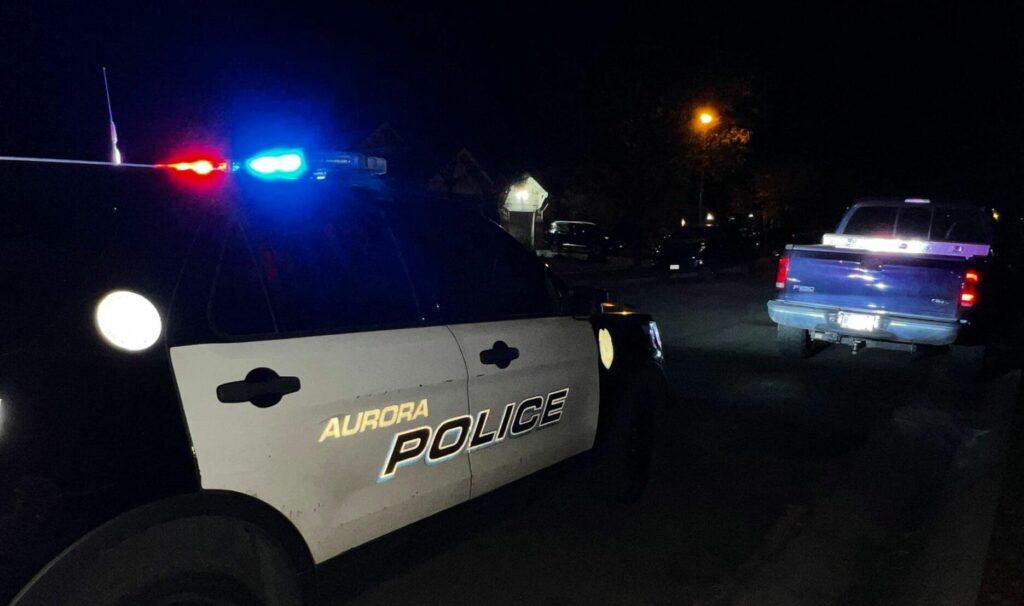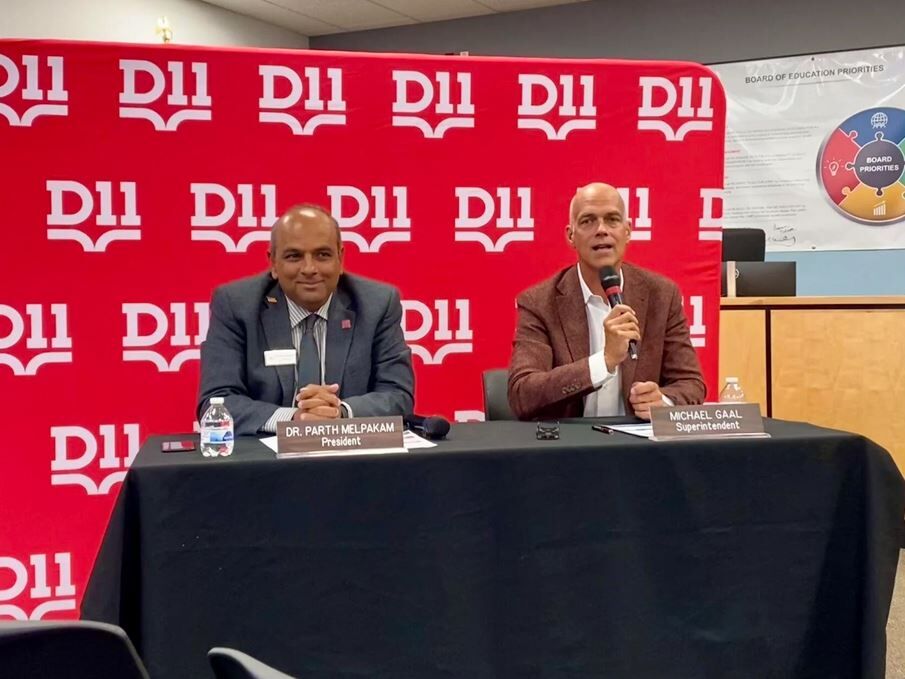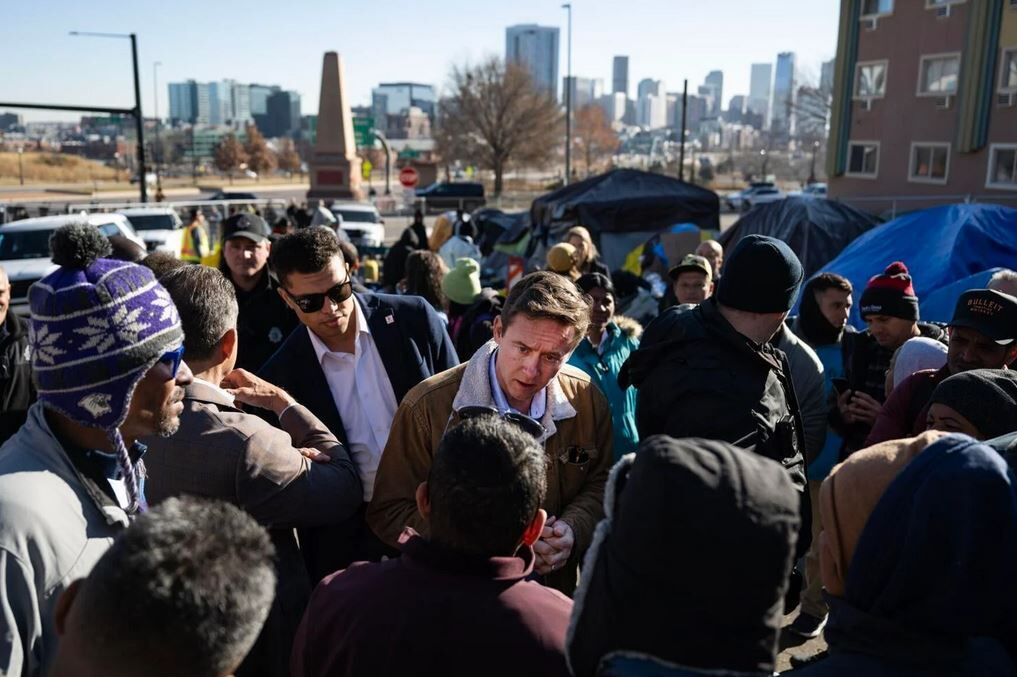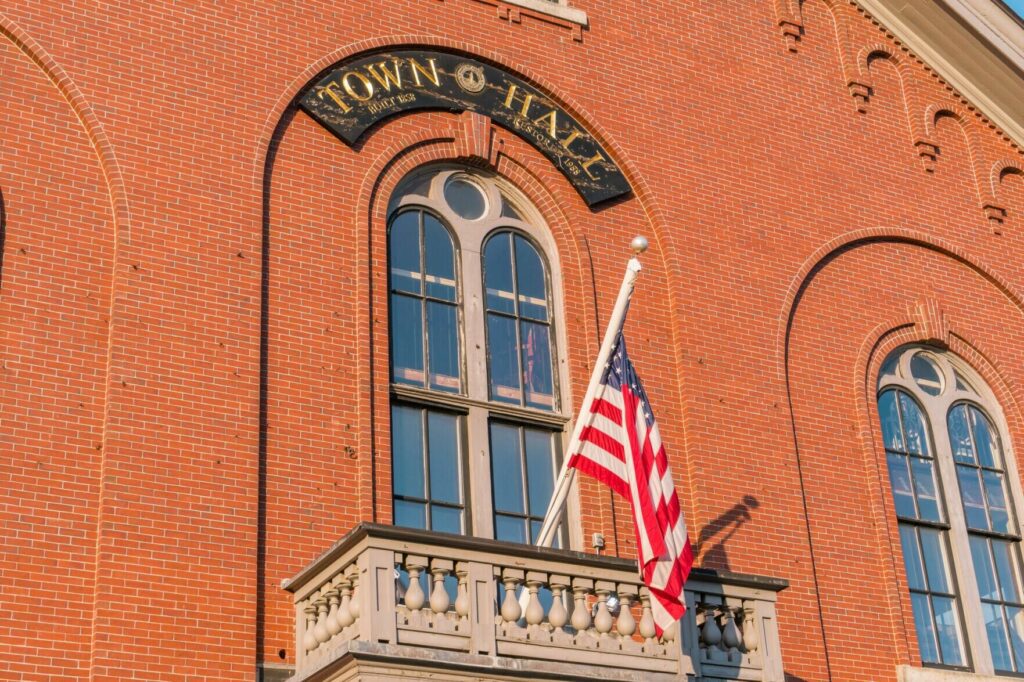More fallout from Colorado’s crime wave | Denver Gazette

It probably goes without saying by now, yet it bears repeating: Colorado’s terribly misguided experiment with “justice reform” was bound to backfire. It has done so in more ways than one.
Foremost among the repercussions, of course, has been the statewide surge in violent and other crime. Unsurprisingly, it has accompanied the Legislature’s multi-year spree of slashing criminal penalties, easing the release of dangerous suspects, and decriminalizing drugs.
The state continues to reel from the crime wave even as some measures have been taken to repair some of justice reform’s collateral damage. For example, a coalition of minority Republicans and moderates among ruling Democrats in the General Assembly cracked down on the state’s rampant auto theft this year. Their legislation was signed into law last month by Gov. Jared Polis. The bill essentially scrapped prior lawmaking that had watered down penalties for auto theft – and helped make Colorado the car-theft capital of the entire country.
If only lawmakers would follow suit and dismantle more components of their ill-conceived justice reform agenda, it could turn the corner on the crime wave. It also could blunt another ripple effect of the breakdown of law and order in our state – a bad reputation nationwide for public safety. It seems word has gotten out.
A news report in The Gazette last week pointed to Colorado’s slumping status as a destination for road trips. That’s according to data compiled by the website WalletHub.
The WalletHub analysis looked at which American states were most popular for summer road trips, and Colorado, for all its splendor, was bumped from the top 10. It landed in a mediocre 19th-place ranking, The Gazette report noted.
The main reason was travelers’ concern for their safety.
The analysis assessed 32 key metrics falling into three greater categories – cost, safety and activities. While Colorado ranked well enough in terms of road-trip costs and local activities, our state’s overall status as a road travel destination came crashing down thanks to a 40th-place ranking for safety among the 50 states.
The “safety” category of the criteria includes factors like road and bridge quality, traffic fatalities, dangerous practices among drivers (think texting, speeding, and of course aggressive driving, i.e., road rage), and automobile thefts – with Colorado ranking 50th when it comes to stolen vehicles.
And just to be clear, 50th for auto theft means No. 1 among the states for having the highest rate of vehicles stolen.
A commentary in Sunday’s Gazette by Tom Copeland, the research director at Colorado think tank Centennial Institute, confirms the sense of chaos afflicting our highways and byways. Noting that Colorado has been ranked third worst among the states for confrontational driving, Copeland attributes some of the road rage to impaired drivers – those drunk or stoned.
“High drivers are twice as likely to be involved in a crash,” Copeland writes, “and one in four traffic deaths in Colorado involves THC.”
All of it, inevitably, stands to leave would-be travelers to our state wary. And it traces in significant measure to a casual attitude toward crime and drug use by all too many Colorado policy makers.
In other words, it’s yet another wakeup call for our state’s elected leadership.
Denver Gazette Editorial Board













